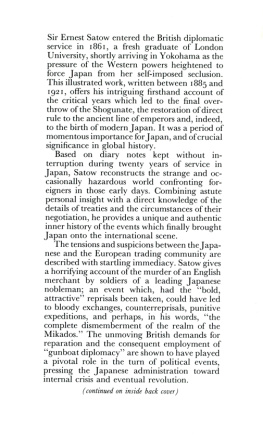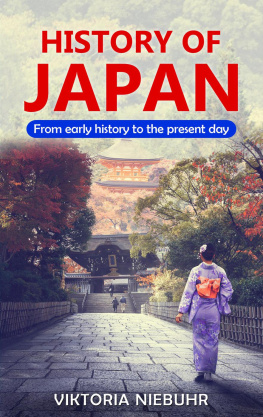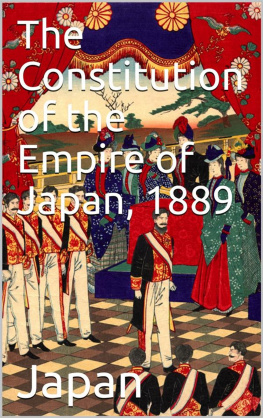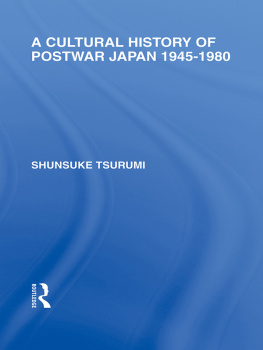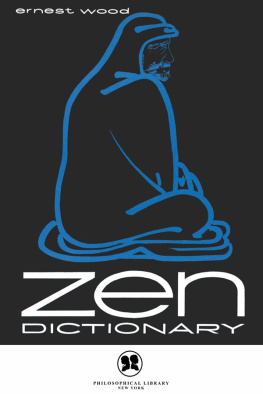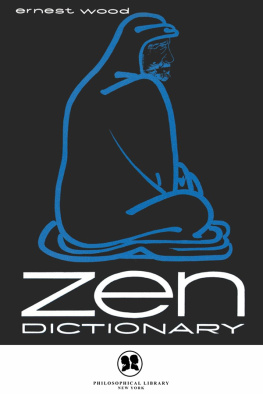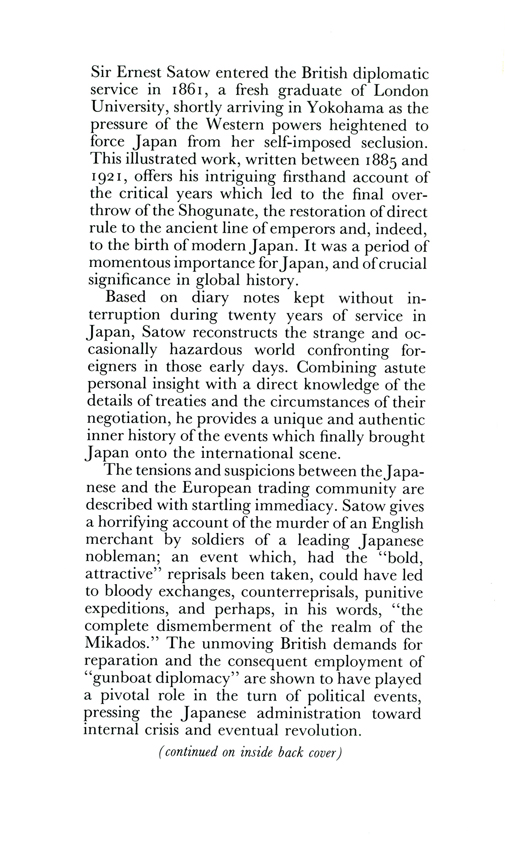A DIPLOMAT IN JAPAN

The Last of the Shoguns
Tokugawa Yoshinobu (Keiki)
Representatives
Continental Europe: Boxerbooks, Inc., Zurich
British Isles: Prentice-Hall International, Inc., London
Australasia: Book Wise (Australia) Pty. Ltd.
104-108 Sussex Street, Sydney 2000
Published by the Charles E. Tuttle Company, Inc.
of Rutland, Vermont & Tokyo, Japan
with editorial offices at
Osaki Shinagawa-ku, Tokyo 141-0032
1983 by Charles E. Tuttle Co., Inc.
All rights reserved
Library of Congress Catalog Card No. 82-50326
ISBN: 978-1-4629-1142-4 (ebook)
First Tuttle edition, 1983
printed in Japan
CONTENTS
CHAPTER I
CHAPTER II
CHAPTER III
CHAPTER IV
CHAPTER V
CHAPTER VI
CHAPTER VII
CHAPTER VIII
CHAPTER IX
CHAPTER X
CHAPTER XI
CHAPTER XII
CHAPTER XIII
CHAPTER XIV
CHAPTER XV
CHAPTER XVI
CHAPTER XVII
CHAPTER XVIII
CHAPTER XIX
CHAPTER XX
CHAPTER XXI
CHAPTER XXII
CHAPTER XXIII
CHAPTER XXIV
CHAPTER XXV
CHAPTER XXVI
CHAPTER XXVII
CHAPTER XXVIII
CHAPTER XXIX
CHAPTER XXX
CHAPTER XXXI
CHAPTER XXXII
CHAPTER XXXIII
CHAPTER XXXIV
CHAPTER XXXV
CHAPTER XXXVI
LIST OF ILLUSTRATIONS
PAGE |
Frontispiece |
|
|
|
90-91 |
106-107 |
|
|
|
|
|
|
PUBLISHER'S FOREWORD
S IR Ernest Satow was a remarkable man in a very special position. A bright, cool-headed student-interpreter on arrival in Japan, he rapidly gained the powerful advantage of profiency in spoken Japanese, overcoming the formidable obstacles resulting from Japan's persisting desire for seclusion. His talents made him known and respected throughout his host country, and eventually earned him a diplomatic career spanning three continents. After returning home from Japan in 1883, he was appointed Consul-General in Siam. In 1888, he became Minister in Uraguay, and in 1893, Minister in Morocco. He returned to Japan in 1895 as Resident Minister. His final years in the service were spent as Minister in Peking.
This work is based on diary notes kept without interruption during twenty years of diplomatic service in Japan, lending his description a startling immediacy and continuity, blending the excitement of military action with the distant objectivity of considered comment. Combining astute personal insight with a direct knowledge of the details of treaties and the circumstances of their negotiation, Satow provides here an authentic inner history of the events which finally tore Japan from her national isolation.
Work on this book began in 1885 and, half-finished, was laid aside as more pressing matters took priority. At the suggestion of relatives, Satow returned to this manuscript in his retirement, bringing to it a deepened knowledge of Japan, gained during his return visit as Resident Minister. In 1921, the work was finally completed and published, and it is with a sense of gratitude that the present publisher offers this unique perspective to modern readers.
PREFACE
T HE first portion o! this book was written at intervals between 1885 and 1887, during my tenure of the post of Her Majesty's minister at Bangkok. I had but recently left Japan after a residence extending, with two seasons of home leave, from September 1862 to the last days of December 1882, and my recollection of what had occurred during any part of those twenty years was still quite fresh. A diary kept almost uninterruptedly from the day I quitted home in November 1861 constituted the foundation, while my memory enabled me to supply additional details. It had never been my purpose to relate my diplomatic experiences in different parts of the world, which came finally to be spread over a period of altogether forty-five years, and I therefore confined myself to one of the most interesting episodes in which I have been concerned. This comprised the series of events that culminated in the restoration of the direct rule of the ancient line of sovereigns of Japan which had remained in abeyance for over six hundred years. Such a change involved the substitution of the comparatively modern city of Yedo, under the name of Tki, for the more ancient Kito, which had already become the capital long before Japan was heard of in the western world.
When I departed from Siam in 1887 I laid the unfinished manuscript aside, and did not look at it again until September 1919, when some of my younger relations, to whom I had shown it, suggested that it ought to be completed. This second portion is largely a transcript of my journals, supplemented from papers drawn up by me which were included in the Confidential Print of the time and by letters to my chief Sir Harry Parkes which have been published elsewhere. Letters to my mother have furnished some particulars that were omitted from the diaries.
Part of the volume may read like a repetition of a few pages from my friend the late Lord Redesdale's "Memories," for when he was engaged on that work he borrowed some of my journals of the time we had spent together in Japan. But I have not referred to his volumes while writing my own.
ERNEST SATOW
Ottery St Mary
Note .In pronouncing Japanese words the consonants are to be taken as in English, the vowels more or less as in Italian. G , except at the beginning of a word, when it is hard, represents ng.
A DIPLOMAT IN JAPAN
A DIPLOMAT IN JAPAN
CHAPTER I
appointment as student interpreter at yedo (1861)
M Y thoughts were first drawn to Japan by a mere accident. In my eighteenth year an elder brother brought home from Mudie's Library the interesting account of Lord Elgin's Mission to China and Japan by Lawrence Oliphant, and the book having fallen to me in turn, inflamed my imagination with pictures verbal and coloured of a country where the sky was always blue, where the sun shone perpetually, and where the whole duty of man seemed to consist in lying on a matted floor with the windows open to the ground towards a miniature rockwork garden, in the company of rosy-lipped black-eyed and attentive damselsin short, a realised fairyland. But that I should ever have a chance of seeing these Isles of the Blest was beyond my wildest dreams. An account of Commodore Perry's expedition, which had preceded Lord Elgin's Mission, came in my way shortly afterwards, and though much more sober in its outward appearance and literary style, only served to confirm the previous impression. I thought of nothing else from that time onwards. One day, on entering the library of University College, London, where I was then studying, I found lying on the table a notice that three nominations to student-interpreterships in China and Japan had been placed at the disposition of the Dean. Here was the chance for which I had been longing. Permission to enter myself for the competition was obtained, not without difficulty, from my parents, and having gained the first place in the public examination, I chose Japan. To China I never wished or intended to go. My age was sufficient by a few hours to enable me to compete. I was formally appointed in August 1861, and quitted England full of joyful anticipation in November of that year.

